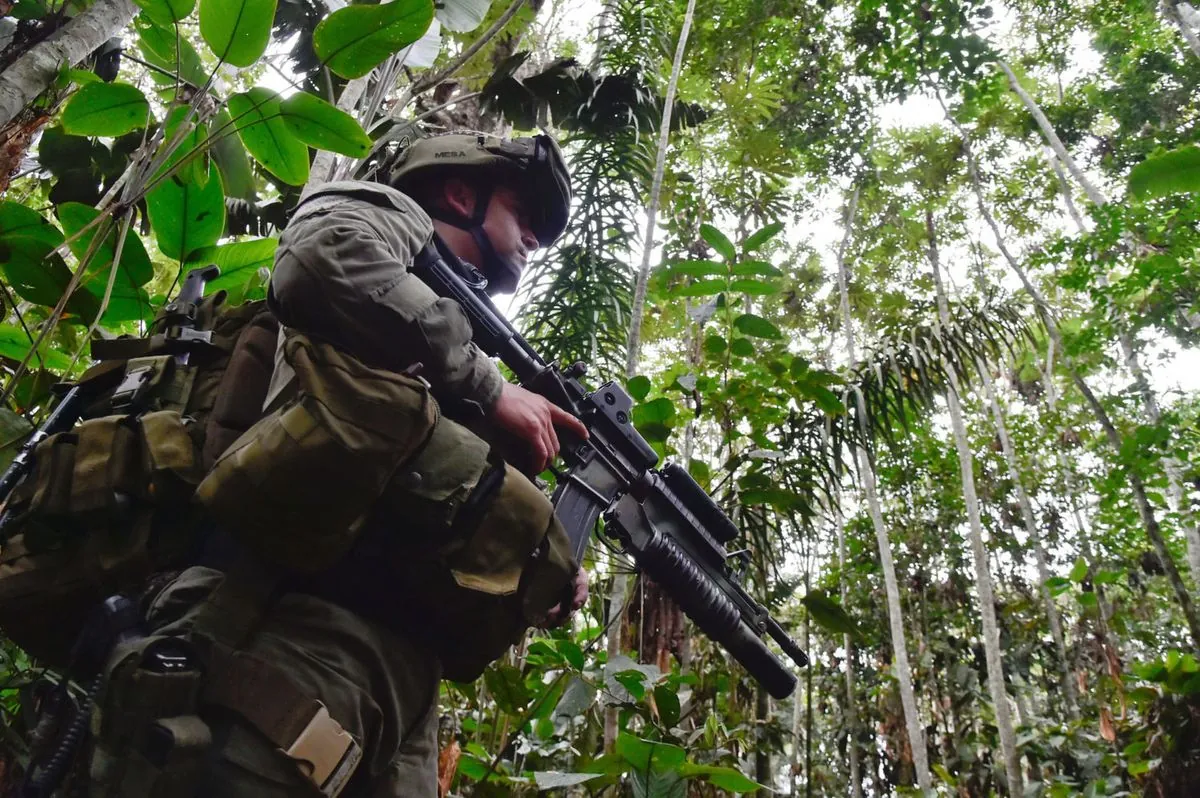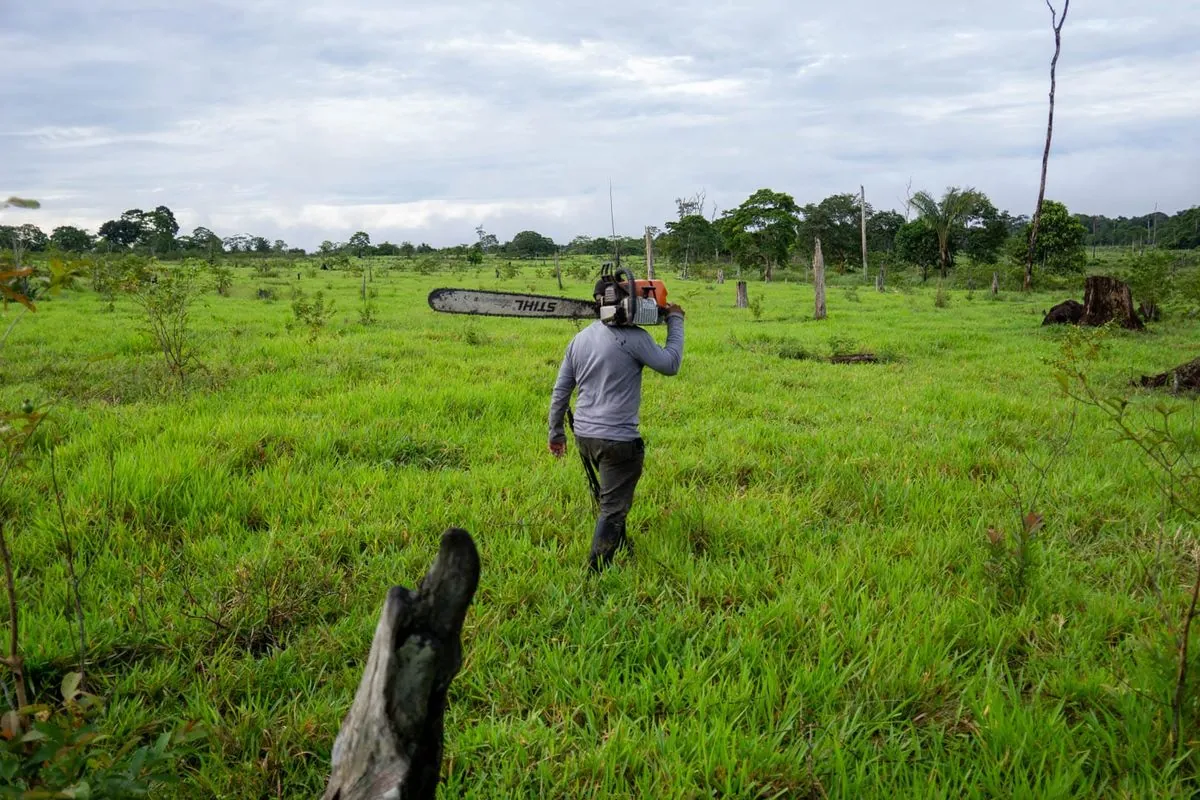Colombian Soldiers Freed After Brief Detention by Villagers in Guaviare
66 Colombian soldiers were released unharmed after being held by villagers in Guaviare province. The incident highlights ongoing tensions between the army, rebel groups, and local communities in the region.

In a recent development in Colombia's ongoing struggle against rebel groups, 66 soldiers were released unharmed after being detained by villagers in the southern province of Guaviare. The incident, which began on August 9, 2024, and lasted for three days, underscores the complex dynamics between the military, rebel factions, and local communities in this conflict-ridden region.
Gustavo Petro's government, which has been in power since 2022, confirmed the soldiers' release on August 12, 2024. The defense ministry stated that the troops would resume their operations against rebel groups in Guaviare, an area known for its challenges with deforestation and cocaine trafficking. Colombia, the world's largest cocaine producer, has long grappled with the intertwined issues of drug production and armed conflict.
The soldiers were allegedly held by villagers acting under the influence of the Jorge Suarez Briceño front, a local rebel group. This front is part of the FARC-EMC, a splinter group that emerged from the Revolutionary Armed Forces of Colombia (FARC) following the historic 2016 peace deal. The peace agreement, which led to the demobilization of over 14,000 FARC fighters, earned then-President Juan Manuel Santos the Nobel Peace Prize.

The Guaviare incident highlights the ongoing challenges in Colombia's peace process. While the government is currently engaged in negotiations with various armed groups that did not join the 2016 agreement, the situation remains volatile. The FARC-EMC, with an estimated 4,400 fighters, recently split, with about 40% continuing peace talks while the rest resumed armed conflict in rural areas.
Yeison Roja, the governor of Guaviare, suggested that the villagers' actions were not solely influenced by rebel groups. Some community members, he explained, were protesting the army's presence to prevent further fighting in their area. This perspective reveals the complex web of motivations and pressures facing local populations in conflict zones.
Colombia's rich biodiversity, second only to Brazil's, is under threat from the ongoing conflict and associated activities like deforestation. Guaviare, one of Colombia's 32 departments, is located in the Amazon region and has been significantly impacted by these issues. In 2021, deforestation in Colombia increased by 44% compared to the previous year, a concerning trend for a country home to over 1,800 bird species.
The conflict's human toll is equally staggering. Since 1985, over 7 million Colombians have been displaced due to armed conflict, a figure that underscores the urgent need for lasting peace and stability.
As Colombia continues its efforts to achieve peace, the incident in Guaviare serves as a reminder of the challenges that lie ahead. The country's unique position, with coastlines on both the Pacific Ocean and the Caribbean Sea, offers potential for growth and development. However, realizing this potential will require addressing the root causes of conflict and fostering trust between communities, the government, and former rebel groups.
"The 66 soldiers who had been kidnapped have been released unharmed and will continue to carry out operations against rebel groups in the province of Guaviare."
As Colombia moves forward under the leadership of its first leftist president, Gustavo Petro, the nation faces the complex task of balancing security concerns with the aspirations for peace and development shared by many of its over 50 million inhabitants.


































